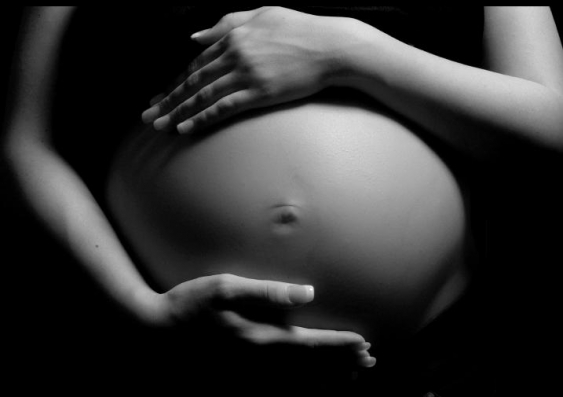The hidden burden of heart disease
Pockets of Australia have among the highest rates of rheumatic heart disease in the world, yet researchers say there is little public awareness about the condition and its risks especially for pregnant women.
Pockets of Australia have among the highest rates of rheumatic heart disease in the world, yet researchers say there is little public awareness about the condition and its risks especially for pregnant women.

Pockets of Australia’s population have among the highest rates of rheumatic heart disease in the world, with a reported incidence approaching that of sub-Saharan Africa, yet researchers say there is little public awareness about the condition and its risks especially for pregnant women.
A disease associated with poverty and inequity, rheumatic heart disease (RHD) is a serious, yet preventable, complication of acute rheumatic fever. Damage to heart valves can lead to severe illness and even death.
Aboriginal and Torres Strait Islanders in regional and remote Australia, Maori and Pacific Islander peoples in New Zealand and some refugee communities, have significantly higher rates (up to 54 times for Aboriginal women in the NT compared to the overall rate in Australia), although it is now a rare disease overall in Australia and New Zealand.
Within these already vulnerable groups, pregnant women are at even greater risk, according to researchers addressing the problem.
“The increased cardiac demands of pregnancy – including up to 50 per cent increased blood volume – can mean that an undiagnosed condition of rheumatic heart disease becomes apparent,” says UNSW Medicine’s Professor Elizabeth Sullivan, who is the Chief Investigator on the Rheumatic Heart Disease (RHD) in Pregnancy study, an NHMRC-funded research project.
While this preventable condition can be treated with regular antibiotics, if it becomes too severe, or is left too long, surgery is often required to repair or replace heart valves.
“The impact of pregnancy can be particularly severe for women who have been undiagnosed prior to pregnancy, or who have mechanical heart valves,” says Professor Sullivan, who is based at the National Perinatal Epidemiology and Statistics Unit at UNSW. “This reinforces the importance of early diagnosis and regular monitoring during pregnancy.”
On the eve of World Heart Day (Sunday, 29 September), researchers have called for a greater awareness of the condition and its risks in pregnancy among health professionals working in maternity care and the wider community.
“The impact of RHD on women in pregnancy is under-researched,” says Geraldine Vaughan, who is National Project Coordinator of the Rheumatic Heart Disease (RHD) in Pregnancy study, and part of the team investigating the largest population-based group of pregnant women with RHD ever studied globally. “Most of the recommendations for severe RHD are for non-pregnant adults.”
The study will enable benchmarking to identify key attributes of successful, culturally safe models for health care for women with RHD in pregnancy.
Media contact: Steve Offner, UNSW Media Office, 02 9385 1583, 0424 580 208